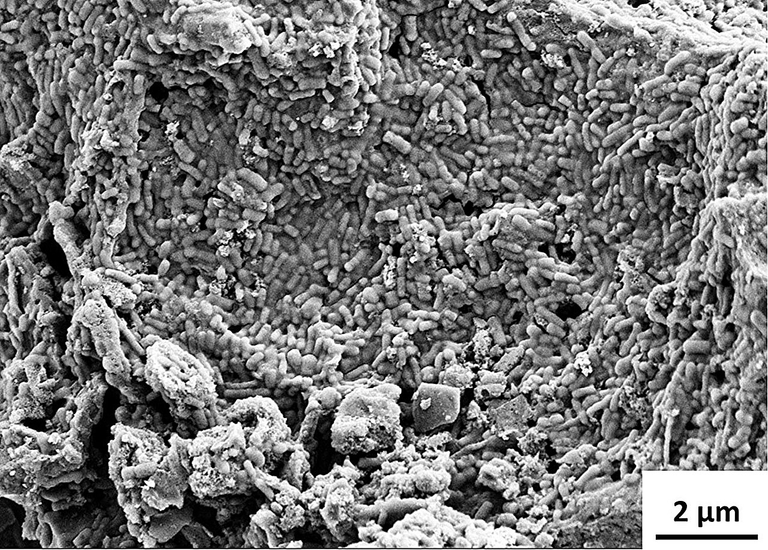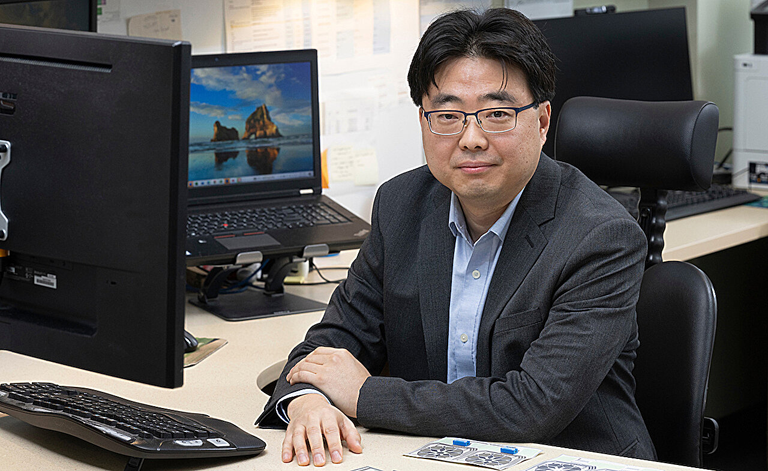Power That Vanishes: Scientists Develop Biodegradable Battery Using Probiotics

Researchers have developed a novel battery that generates power using probiotics—the same beneficial microorganisms found in yogurt and dietary supplements—and then dissolves safely into the environment. This innovation opens the door to a new category of sustainable, biodegradable electronics, often referred to as “transient electronics.”
The technology, developed by a team at Binghamton University, addresses a key problem in eco-friendly and biomedical devices: how to provide a safe, effective power source that does not leave behind toxic waste. Traditional batteries, such as those based on lithium-ion chemistry, are not suitable for devices meant to degrade harmlessly, especially if used inside the human body or in sensitive ecosystems.
The solution from Binghamton researchers lies in a combination of biodegradable materials and harmless microbes. These transient batteries are constructed on paper that dissolves in water, and they utilize a blend of 15 probiotic strains to generate electricity. These microbes, classified as biosafety level 1, are safe for human use and pose minimal environmental risk.
The batteries can produce a small but consistent amount of power—about 4 microwatts with a current of 47 microamperes and a voltage of 0.65 volts. Though these numbers may seem modest, the researchers view this as a promising proof of concept. By adjusting the battery’s size or using special coatings responsive to pH levels, they can control how long the battery delivers power—anywhere from just a few minutes to over 100.

Dr. Seokheun Choi, a leading figure in this research and a professor of electrical and computer engineering at Binghamton University, explained the significance of the project. He emphasized the importance of eliminating toxic residues, particularly in medical applications. Devices implanted in the body must eventually break down safely, and current battery technologies are not designed to do this.
Inspired in part by the self-destructing messages seen in Mission: Impossible films, the team envisioned a device that could disappear entirely after use. While transient electronics have been studied for years, creating a fully biodegradable power source has remained a major obstacle—until now.
The foundation for this innovation was laid through decades of research into “papertronics”—low-cost, disposable electronic devices made from paper. Former Binghamton student Maedeh Mohammadifar initially developed a version of a dissolvable fuel cell using bacteria during her doctoral studies. Building on that foundation, current student Maryam Rezaie explored whether commercially available probiotics could serve the same function.
Early attempts showed little success in generating electricity, but persistence paid off. The team modified the surface of the battery’s electrodes using polymers and nanoparticles to create a more bacteria-friendly environment. The textured, porous surface allowed the microbes to attach and thrive, which in turn enhanced their ability to produce electricity.
To make the battery responsive to different environments, researchers coated the paper substrate with a polymer that only dissolves under acidic conditions. This means the battery would activate and degrade only in settings like the human stomach or polluted environments, making it highly targeted and efficient.
Though still in early stages, this technology holds promise for numerous applications—from biodegradable sensors that monitor pollution to temporary medical implants that vanish after completing their task. The research team aims to further explore which probiotic strains offer the best electrical performance and how multiple units can be linked to boost output.
This innovative step marks a significant advance in environmentally friendly electronics, showing that even power sources can be made to vanish without a trace—just like in the movies, but now with real-world benefits.
https://www.reddit.com/r/goodnews/comments/1l6n6e8/power_that_vanishes_scientists_develop/
This post has been shared on Reddit by @dkkfrodo through the HivePosh initiative.